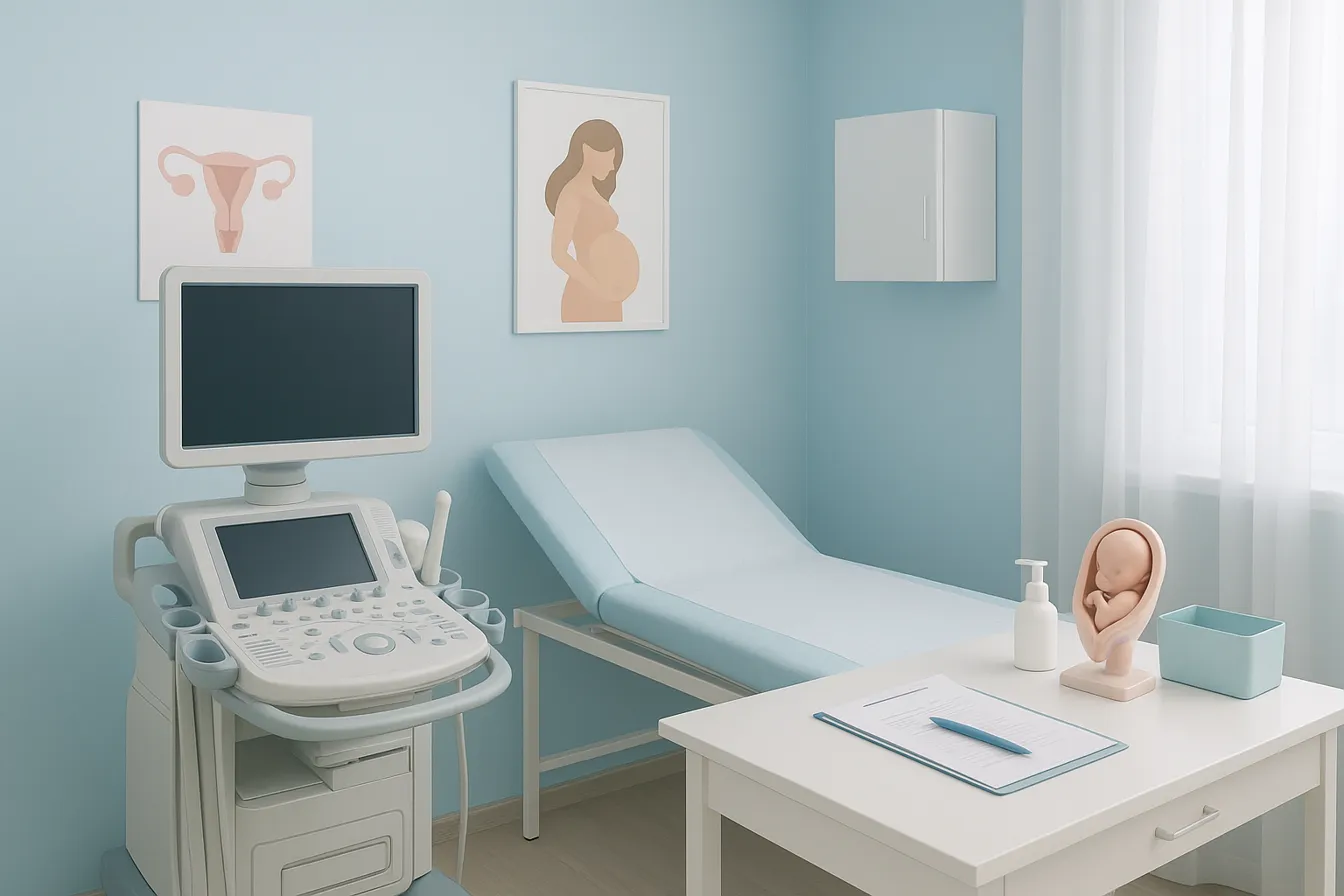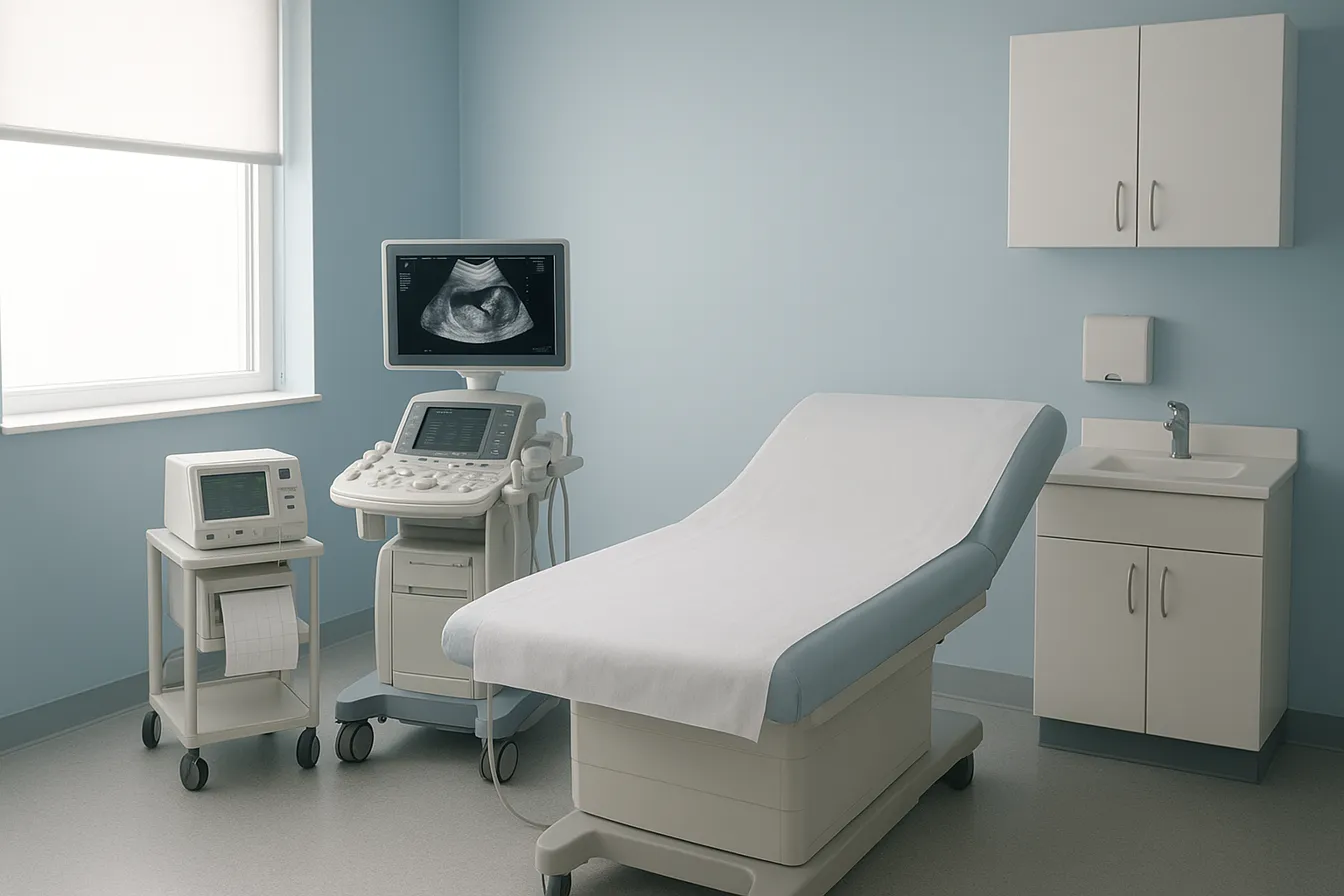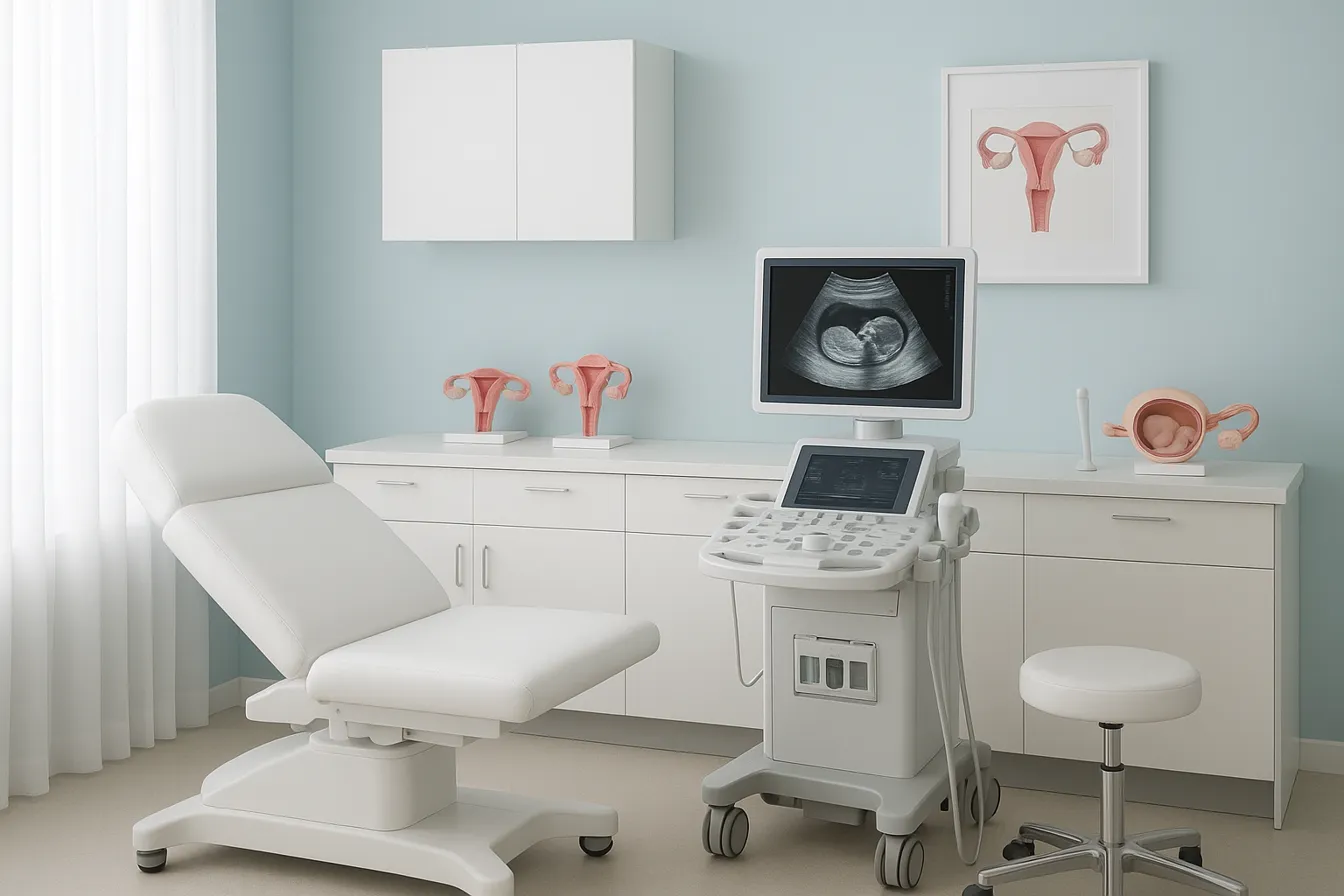Essential Steps and Supplies for a Healthy Pregnancy Journey

For one in eight women, pelvic inflammatory disease (PID) makes achieving a pregnancy more difficult. To reduce your chances for developing PID, it’s important to understand what puts you at risk for the condition.
Our providers at Raveco Medical offer comprehensive gynecology services to protect your reproductive health. We can evaluate your risk factors for PID and determine if you have any unusual symptoms that relate to the disease.
Understanding PID
Pelvic inflammatory disease is an infection that affects a female’s reproductive organs. The most common cause of PID is a sexually transmitted disease (STD) like gonorrhea or chlamydia. However, other types of infections not related to sex can lead to PID.
PID can be difficult to diagnose because symptoms of the disease can be similar to symptoms of other conditions. When you have PID, you may experience:
- Fever
- Vaginal odor
- Vaginal discharge
- Lower abdominal pain
- Bleeding between periods
- Burning during urination
To identify PID in the early stages, you should schedule a diagnostic evaluation at Raveco Medical as soon as you notice any of these symptoms.
While there’s no specific test that can confirm PID, our team can perform a physical exam on your reproductive organs and test for STDs that may trigger PID.
Know your risk factors for PID
Since having an STD is the biggest risk factor for getting PID, it’s important that you get tested regularly if you’re sexually active.
You can be at risk for PID if you:
- Have a sexual relationship with more than one partner
- Have unprotected sex
- Have a history of PID
- Douche regularly
- Use an intrauterine device (IUD) for birth control
In addition to regular STD testing, you can lower your risk for STDs and PID by using latex condoms properly every time you have vaginal, oral, or anal sex. You should also discuss STD testing history with each partner before engaging in sexual activity.
The earlier you treat PID — the better
PID is treatable if you receive your diagnosis early. However, waiting too long to get a diagnosis can cause damage to your reproductive system that’s irreversible, possibly leading to complications like infertility.
If you delay starting treatment for PID, you may be at increased risk for complications like:
- Infertility
- Chronic pelvic pain
- Ectopic pregnancy
- Scar tissue on the fallopian tubes
Typically, you can expect to take antibiotics to clear the infection. Many people will notice an improvement in their symptoms soon after starting treatment, but it’s important that you complete all of the medications prescribed to ensure the infection goes away completely.
Our team at Raveco Medical will continue to monitor your progress with treatment and can provide routine STD testing to reduce your risk for future PID concerns. We can also help you address issues you have with infertility due to sexually transmitted infections or pelvic inflammatory disease.
If you need diagnostic testing for unusual bleeding, pelvic pain, or other symptoms of PID, call the Raveco Medical office nearest you or book a consultation online today.





.png)